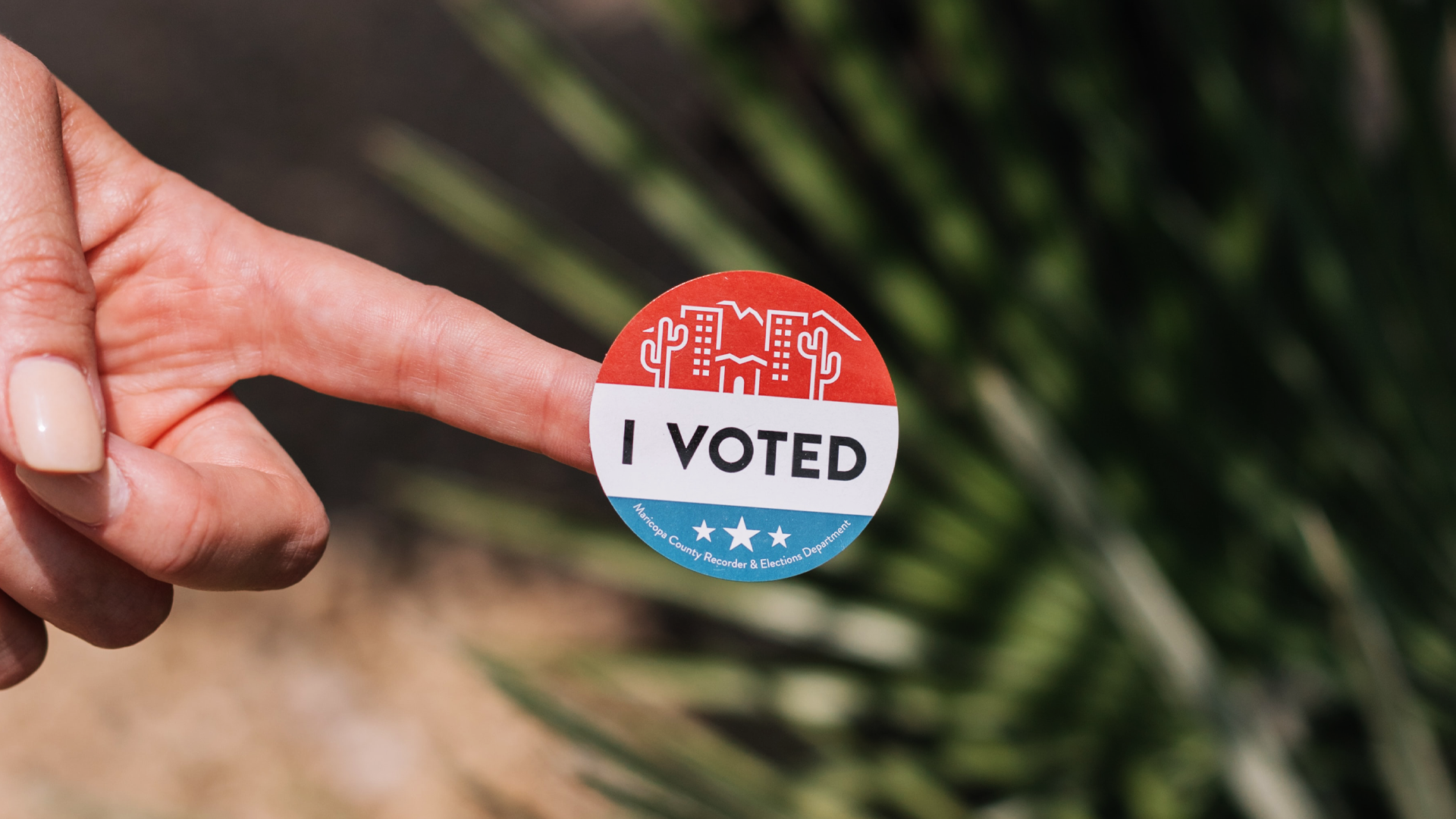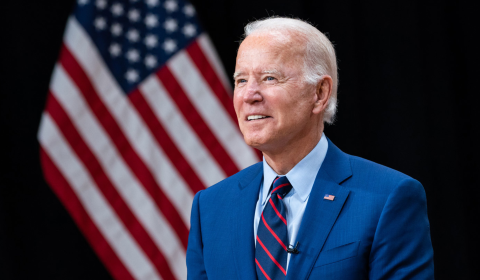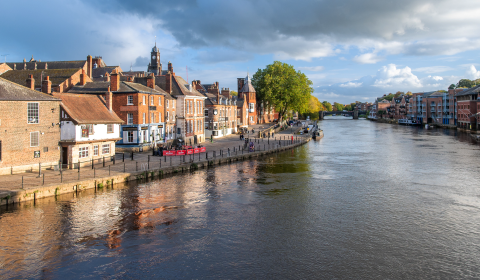In the run up to the US midterm elections, every poll predicted a Republican landslide. Surprisingly, this didn’t happen, largely thanks to Gen Z voters. Why didn’t political pundits anticipate this behaviour from young people?
The initial predictions for the US midterms all seemed to make sense. Approval ratings for the Biden administration are at an all-time low and midterm elections never work in favour of the ruling party.
Record levels of inflation and an ever-worsening cost of living crisis contributed further to the expert consensus of a ‘red wave’ that was expected to give Republicans full control of both houses of Congress.
Since the 90s, youth voter turnout has stood at about 20%, a figure that remained unchanged until 2020 when it peaked at 36%.
Experts noted that although last week’s vote did not beat previous participation, some key local elections saw record-breaking voting from young people.
In Michigan, there were reports of college students waiting in line upwards of six hours to vote for Democratic Governor Gretchen Witmer, who ran against Trump-endorsed election denier Tudor Dixon.
This failure in polling 18 to 29 year-olds begs the question: does polling need to be fixed? Are pollsters even able to reach this age group?
Considering national surveyors rely heavily on people picking up their phones or clicking through links sent by text, it is no shock that the most tech savvy generation would not participate in such polling willingly.
Most young people would rather ‘pick up a pin-less grenade than a call from an unknown number’, as one NBC reporter put it.
Although it sounds as if polling methods haven’t changed in the past 20 years, there has been a slight shift towards newer surveying methods which mostly rely on data collected by tech corporations – Meta being the main one.
But as the average age of Facebook and Instagram users gets older, it doesn’t seem like social media can provide more accurate information on this seemingly unattainable group. Additionally, a recent iPhone update allows users to block website data tracking, further blocking surveyors from obtaining significant data.
Pinning down this generation whose tech habits are becoming increasingly elusive to these types of surveys will only get harder. While we may not be able to properly poll young voters, one thing we do know is that Gen Z are much more likely to show up to vote when progressive issues are on the line.
Last week, elections where young people showed up placed abortion, marijuana legalisation, and LGBTQ+ rights as central campaign issues. They also included many ballot measures allowing them to vote directly.




















